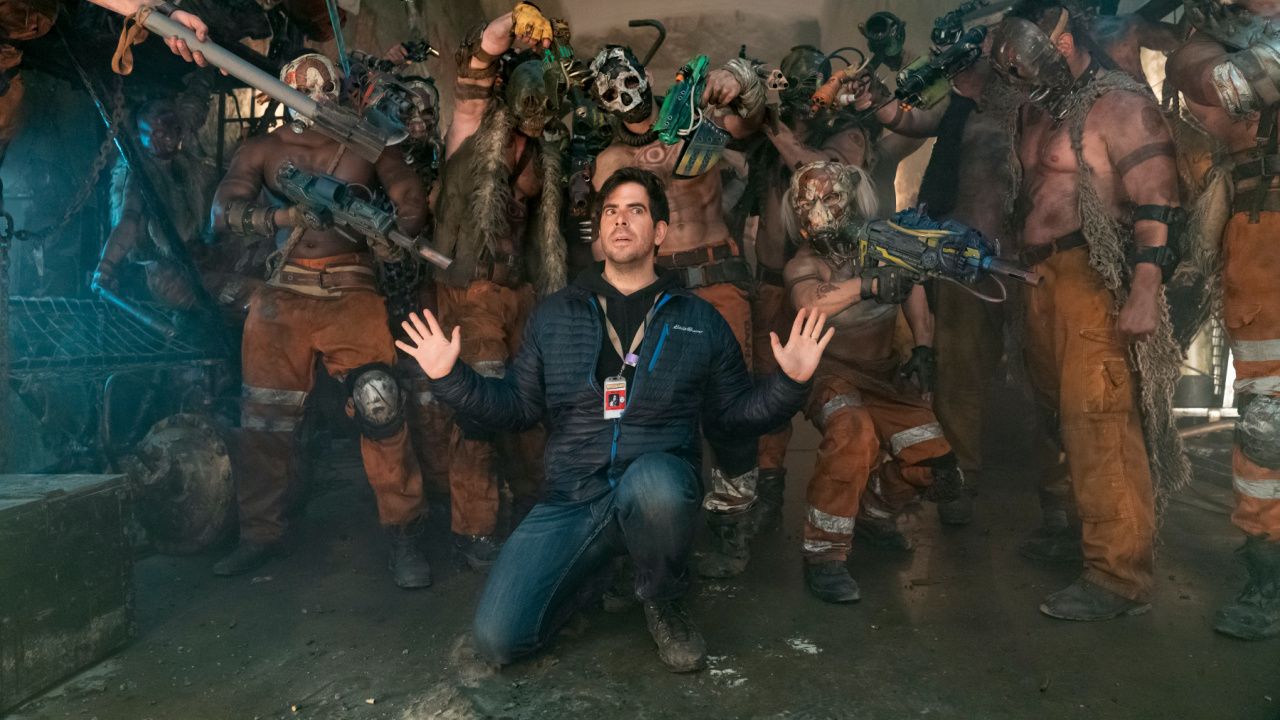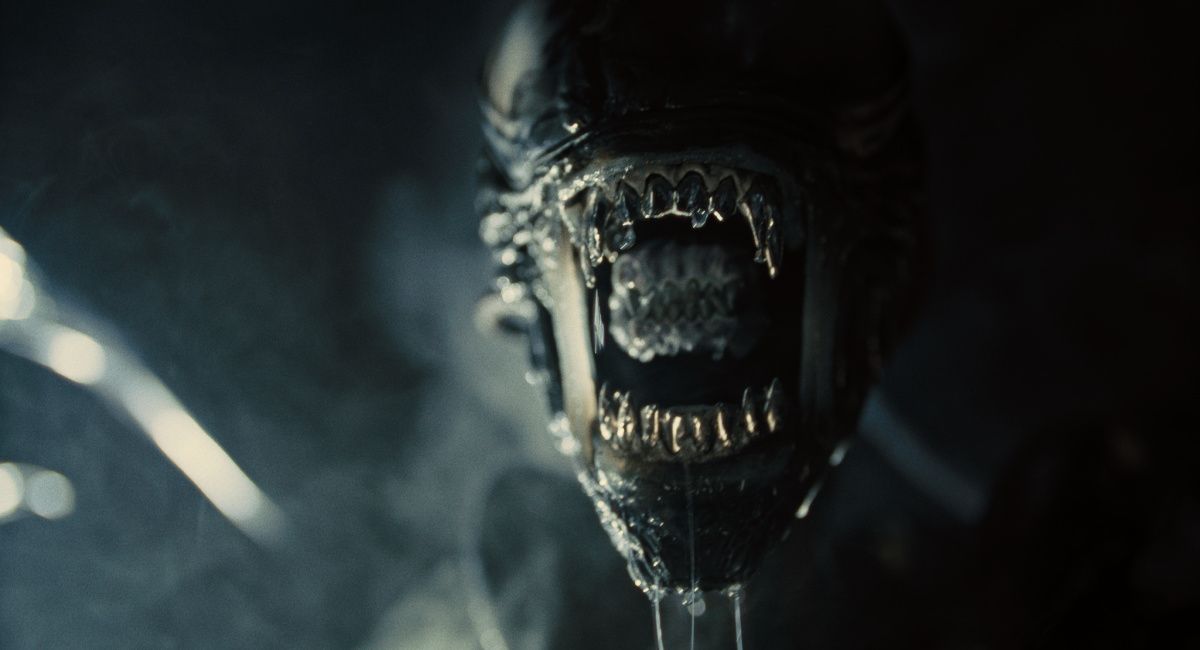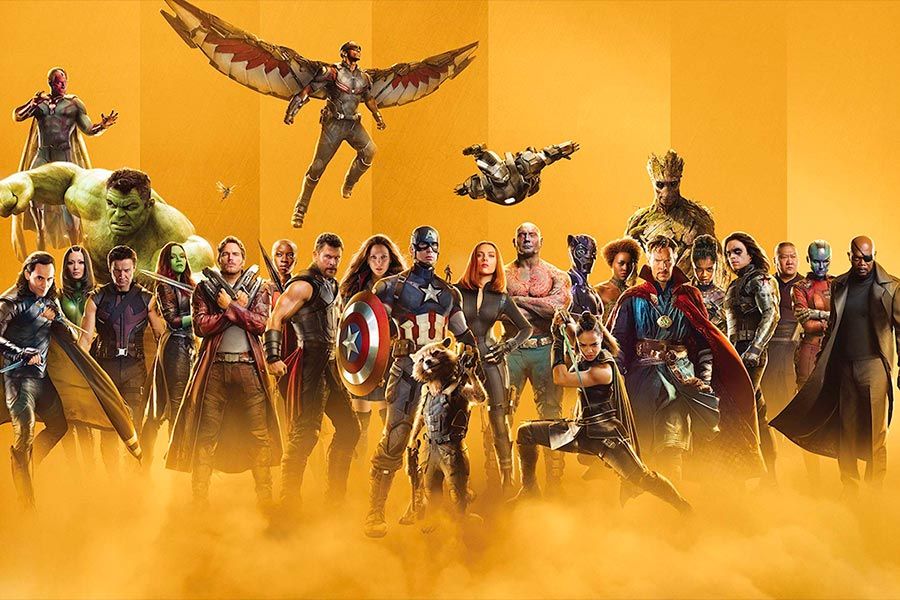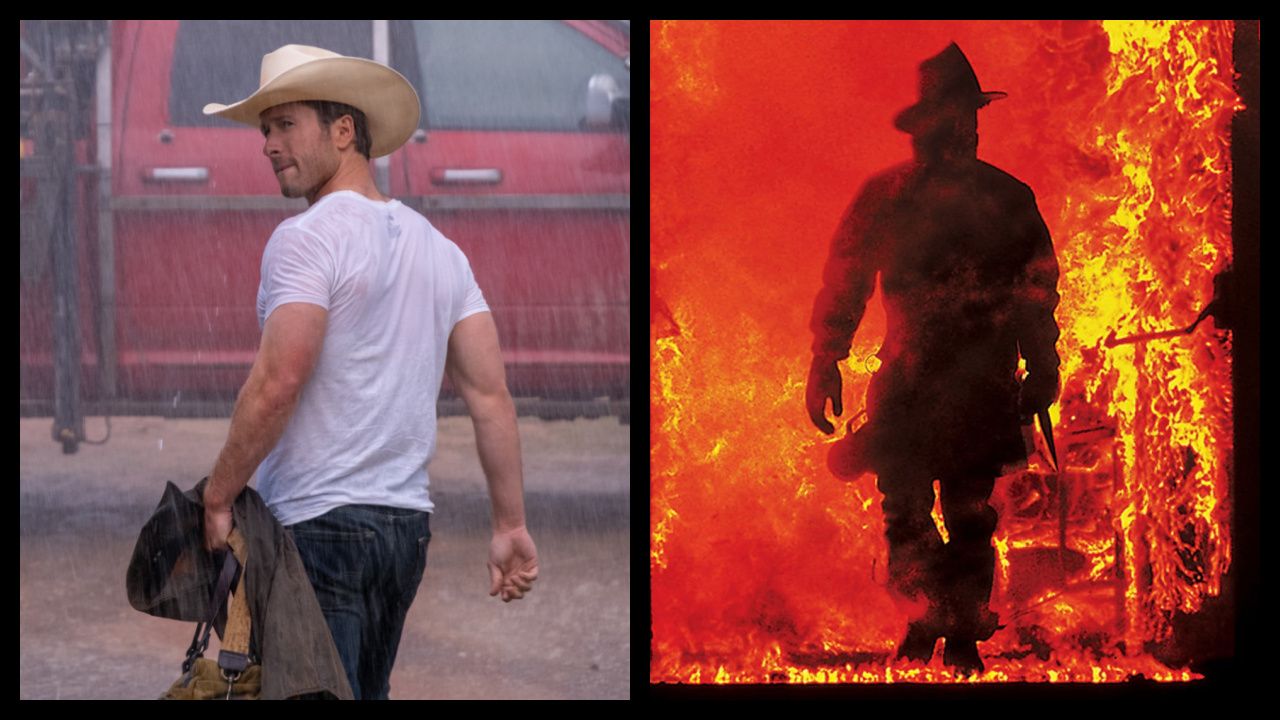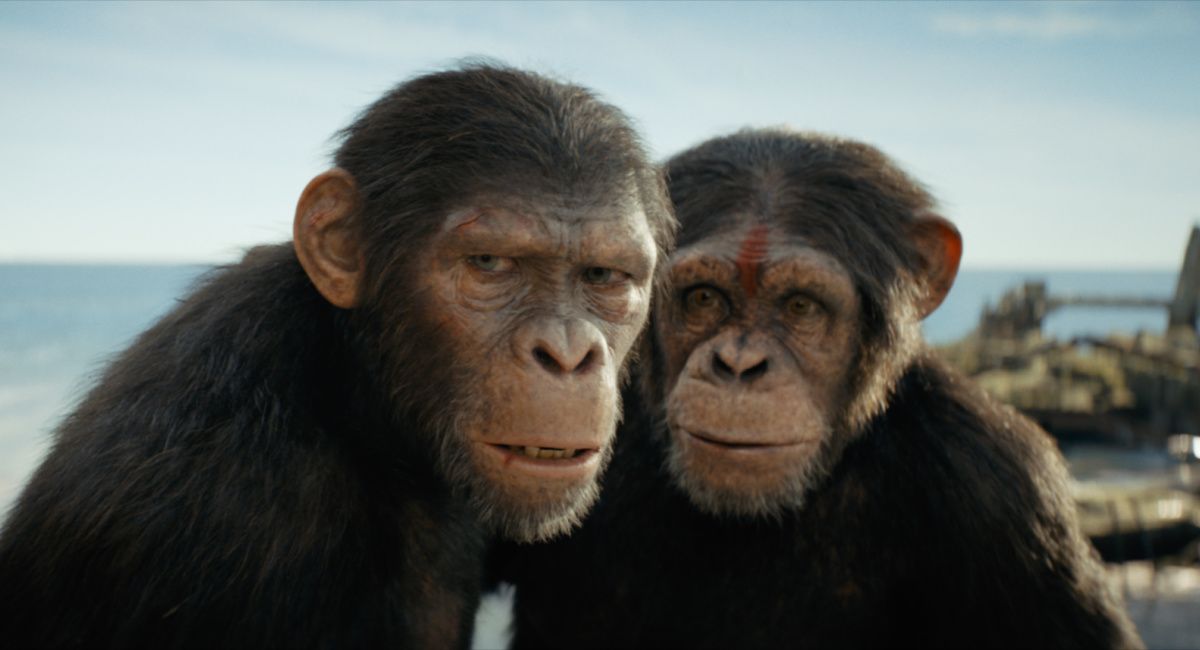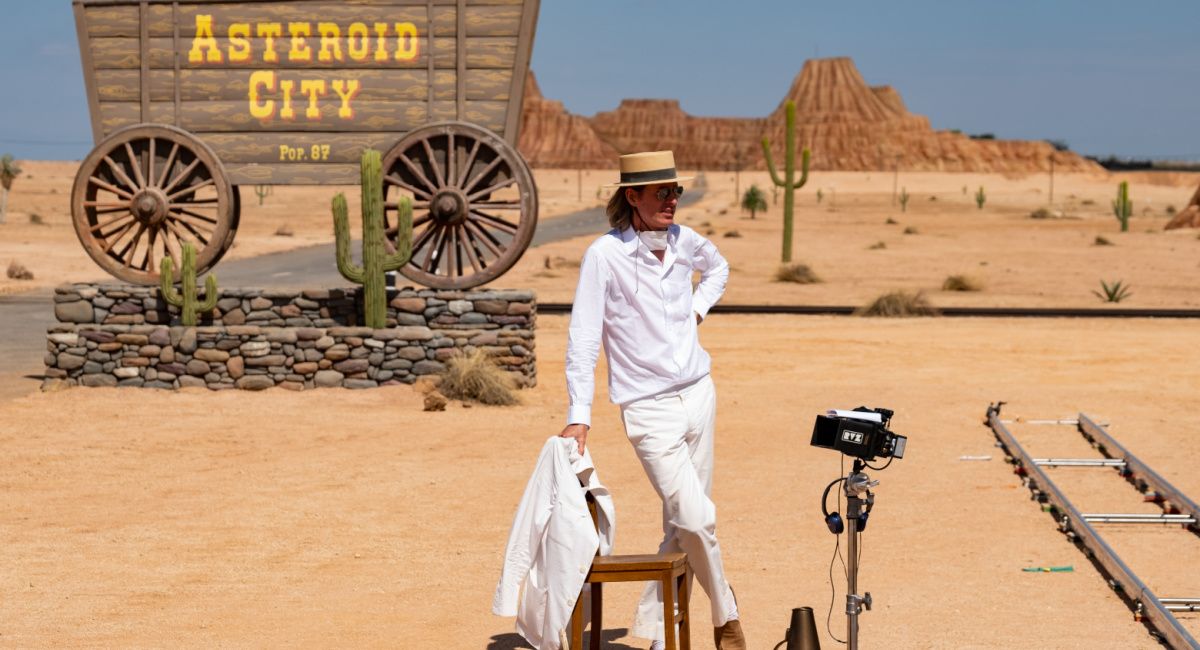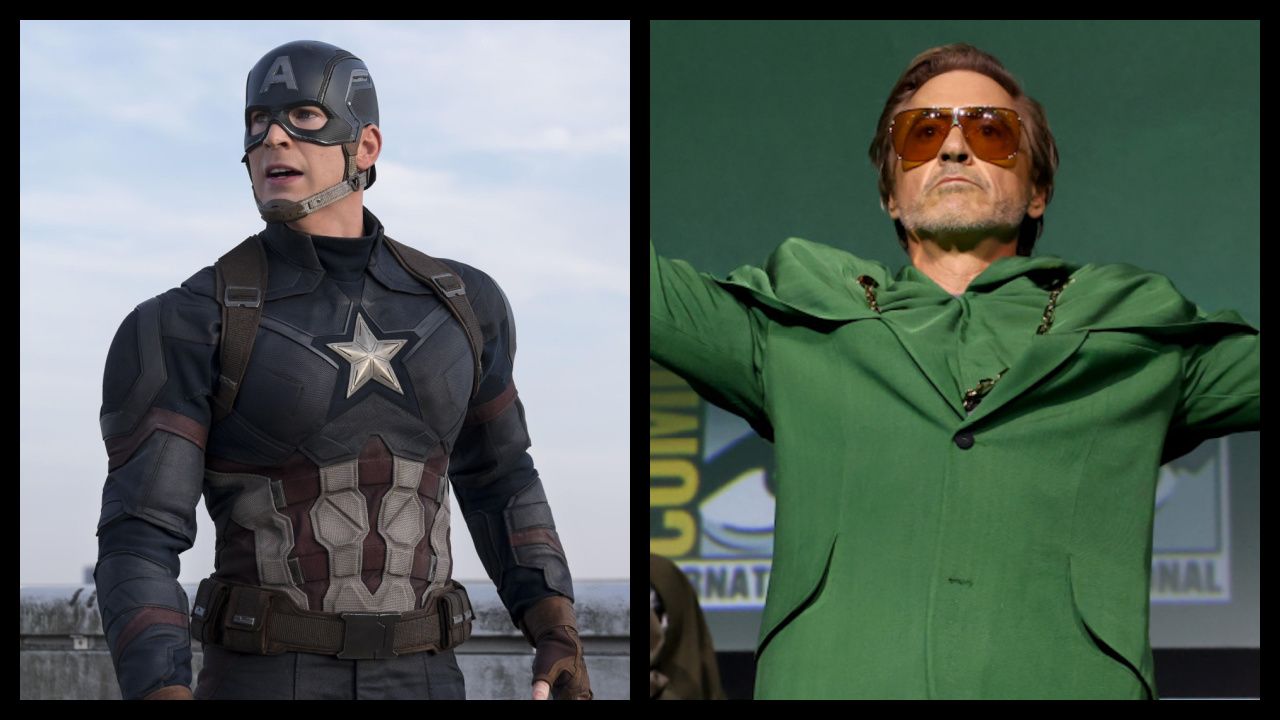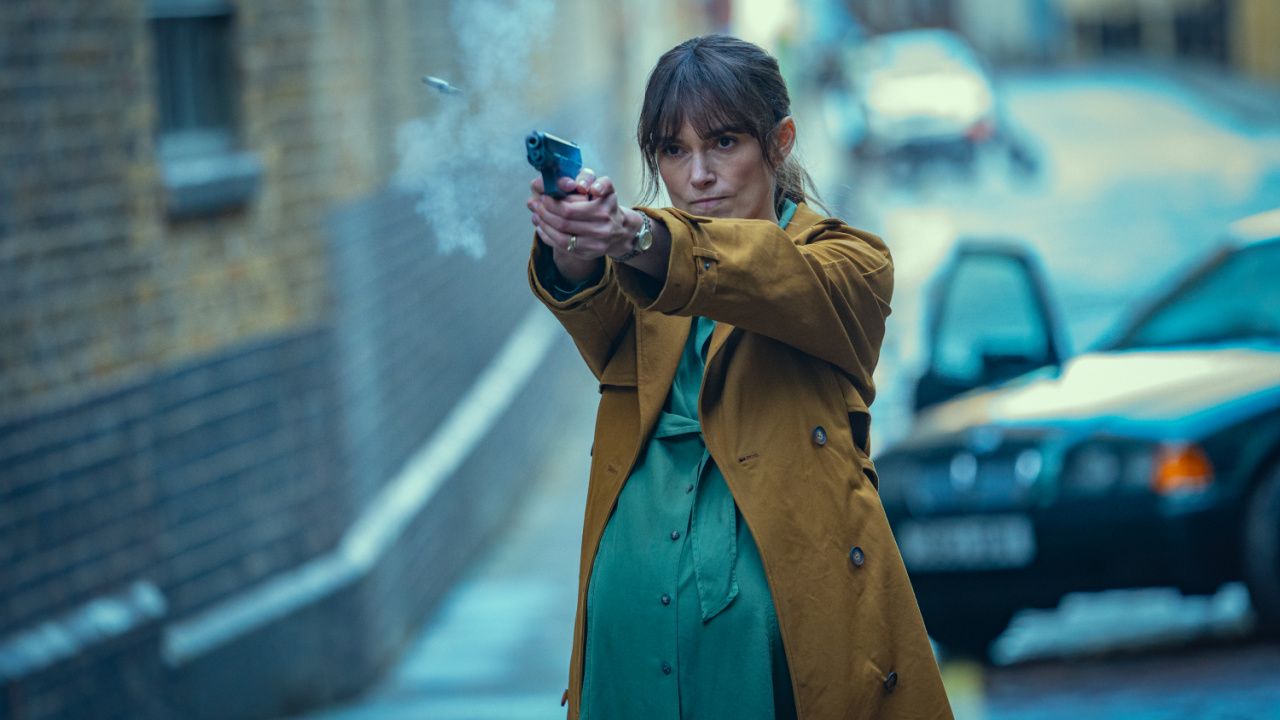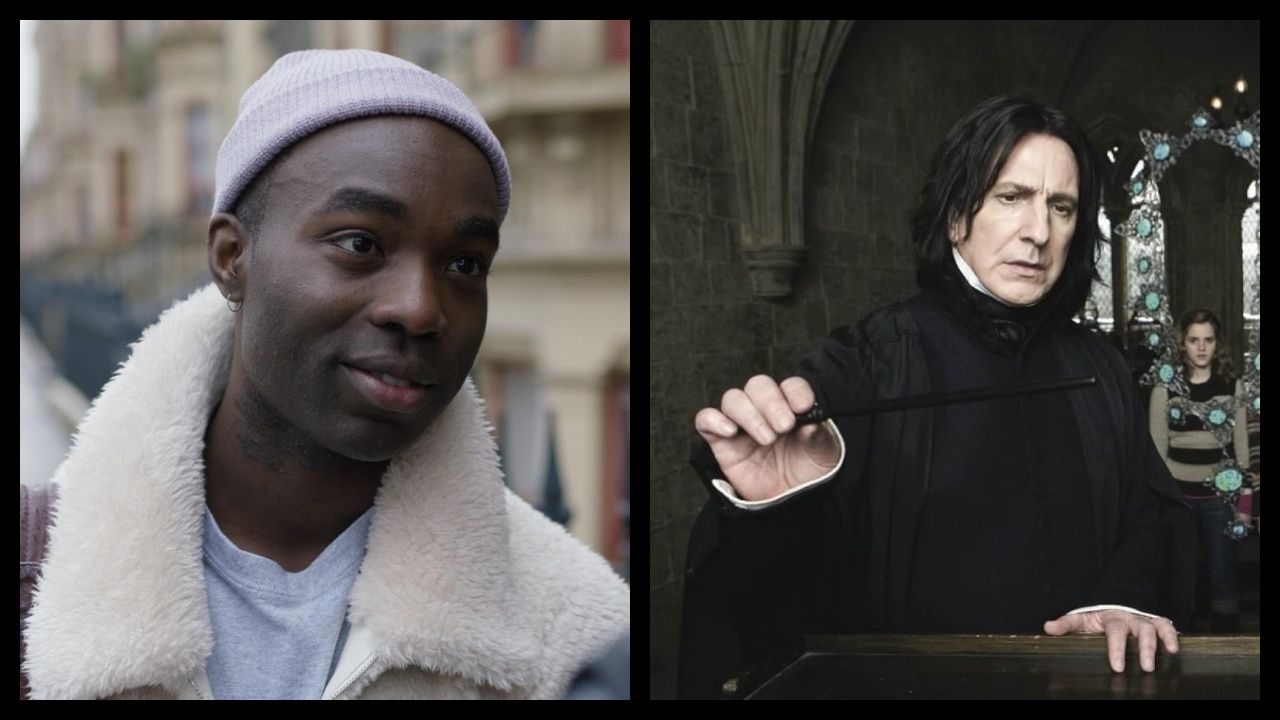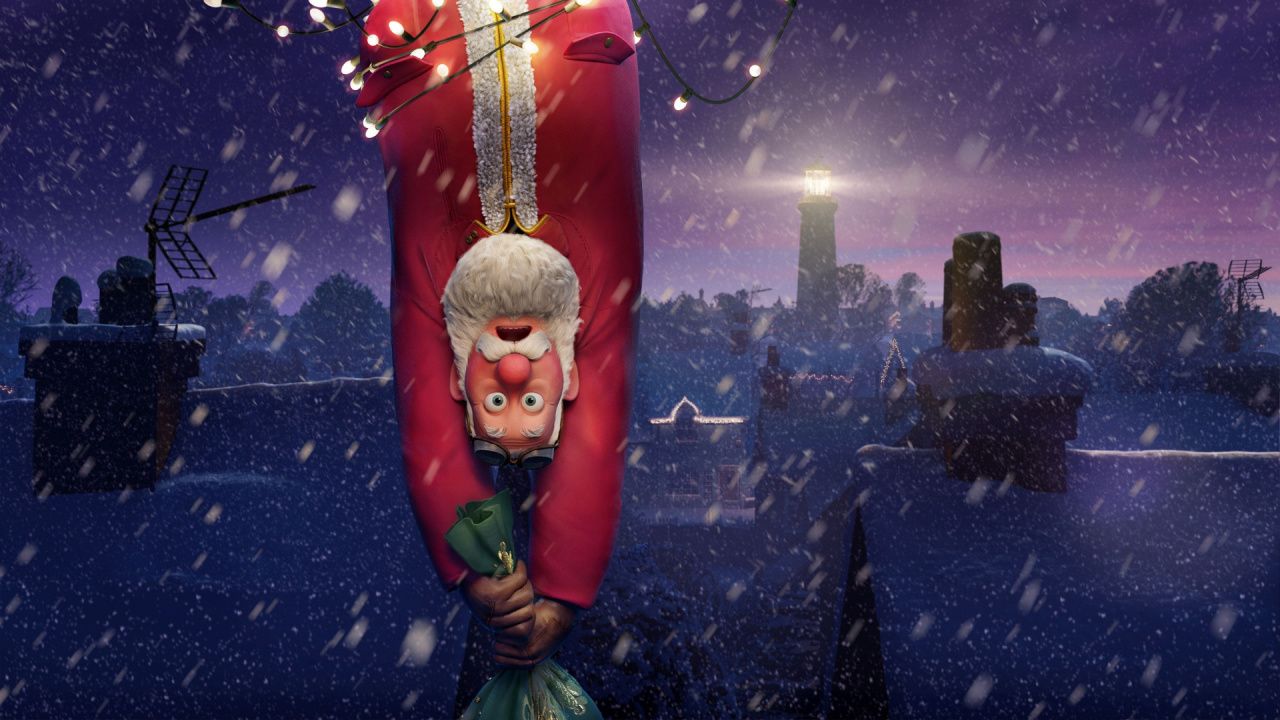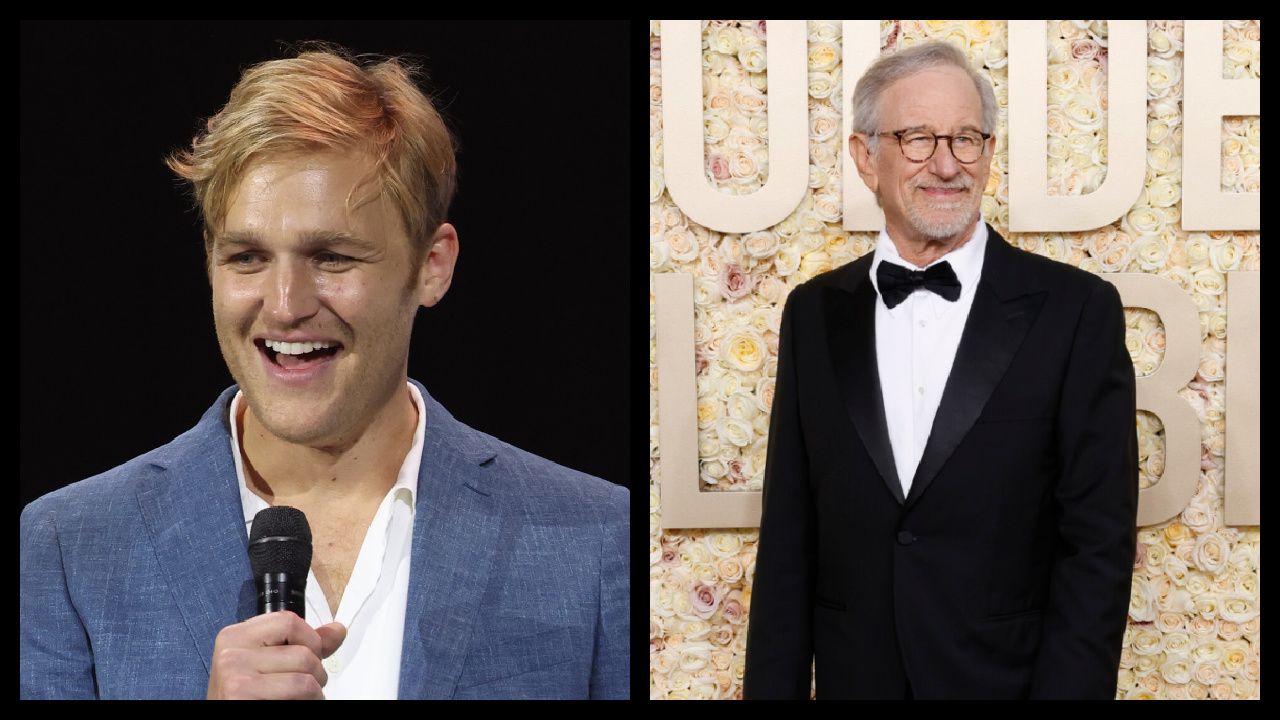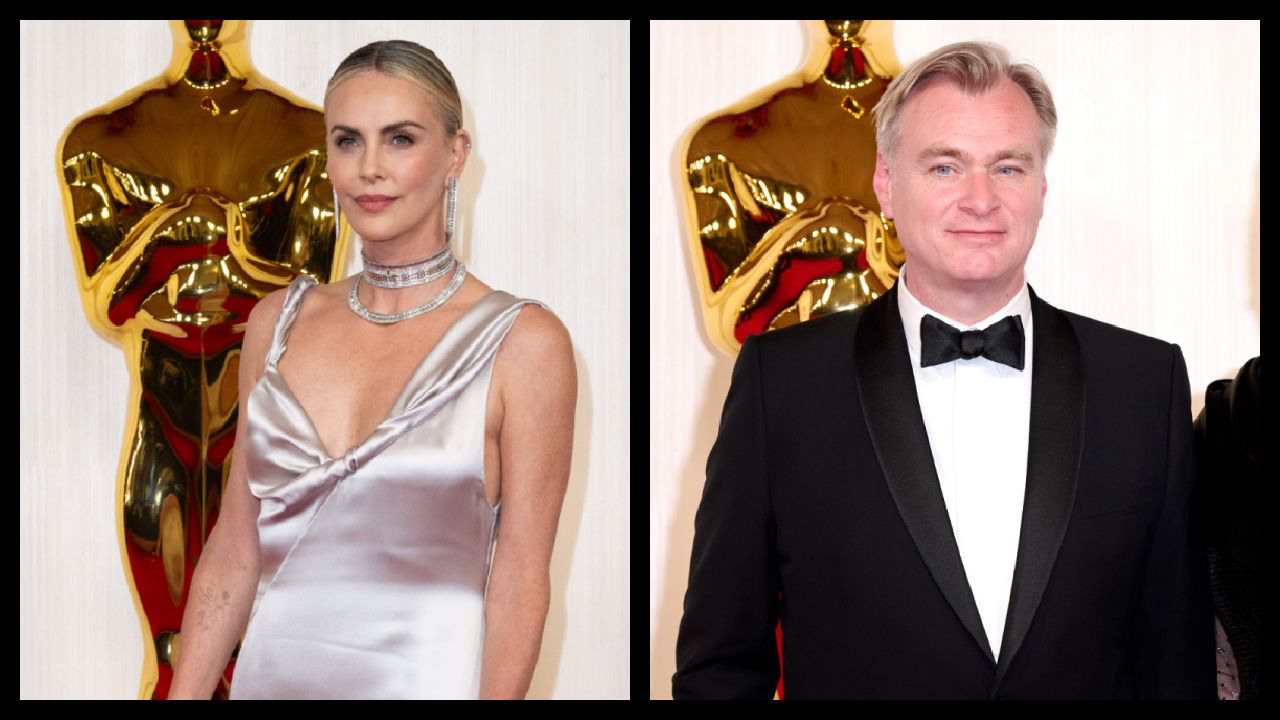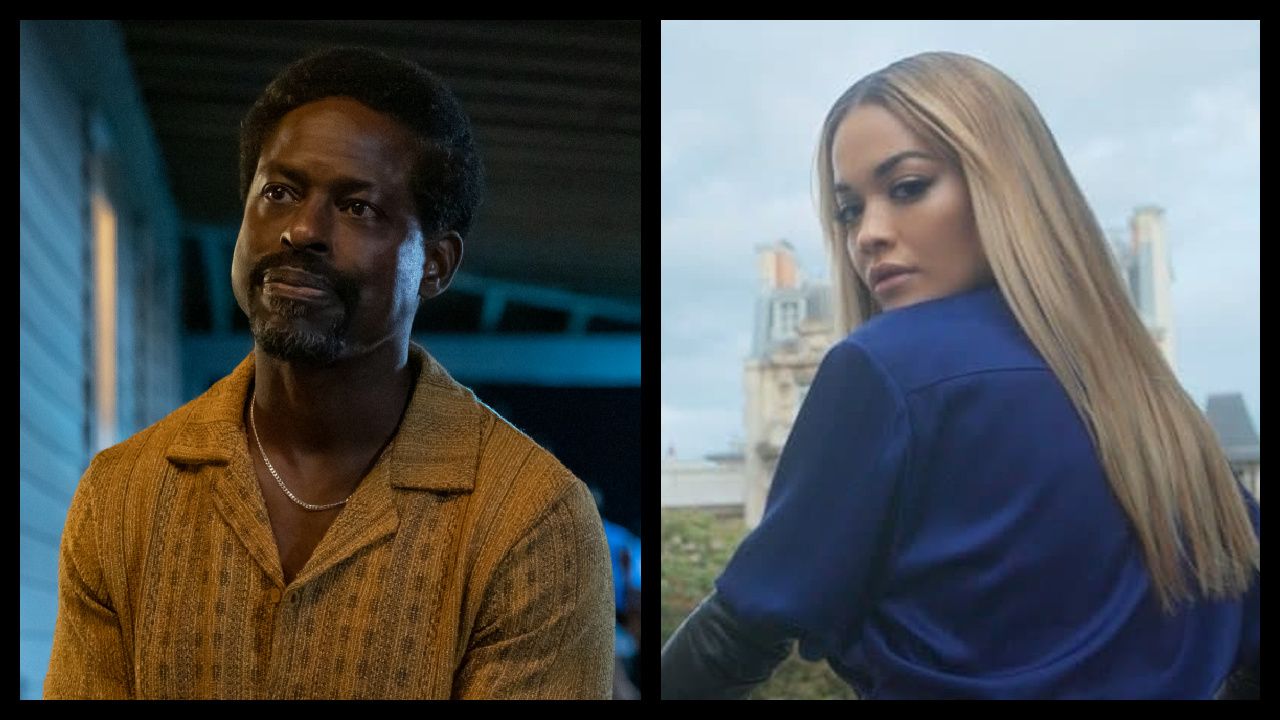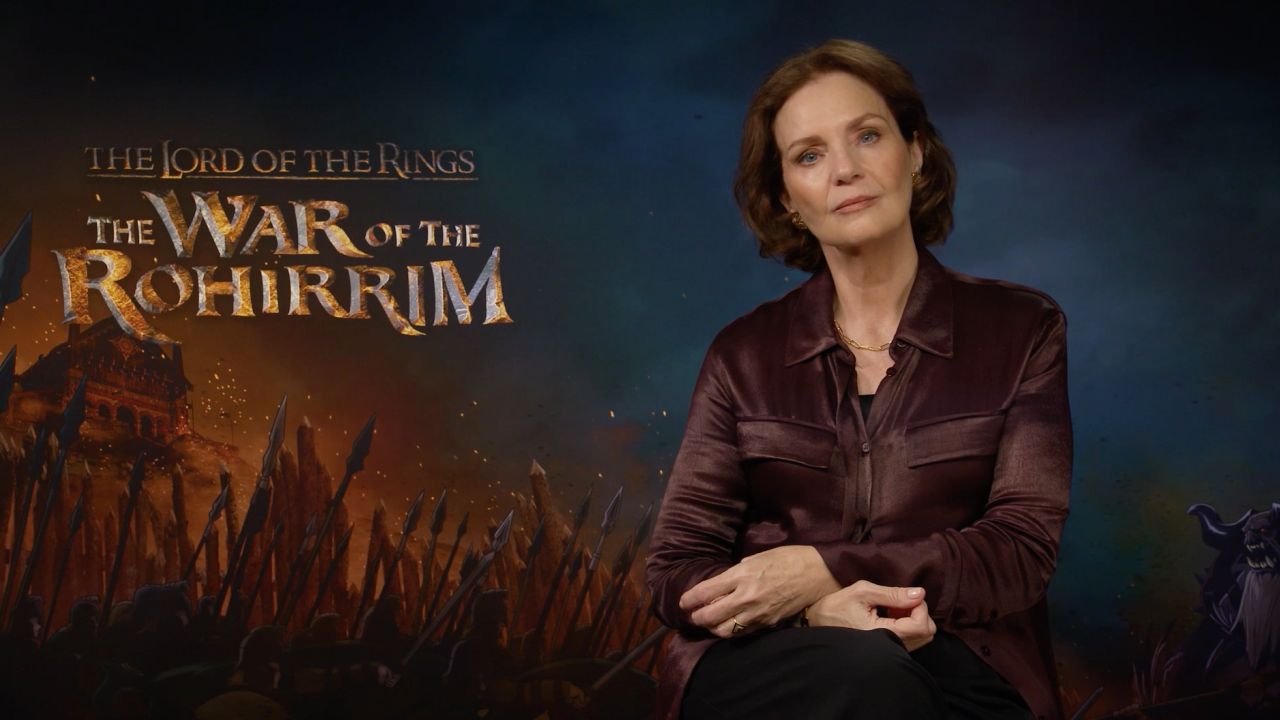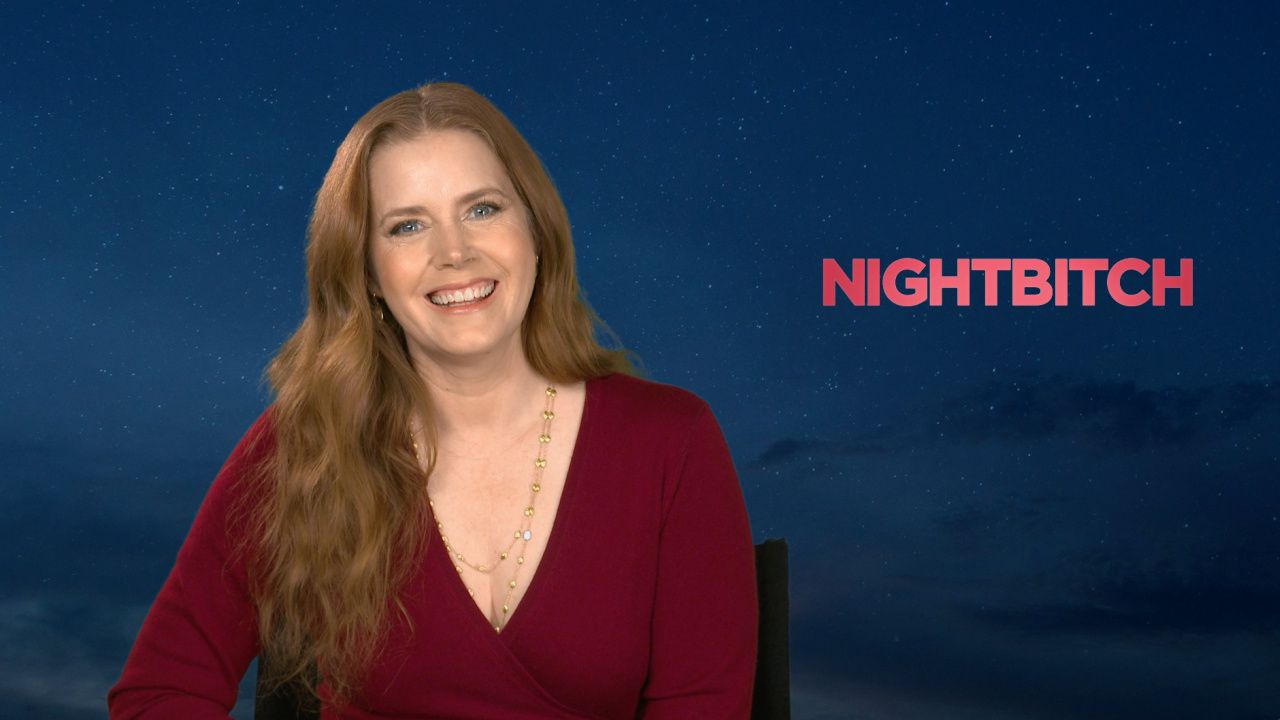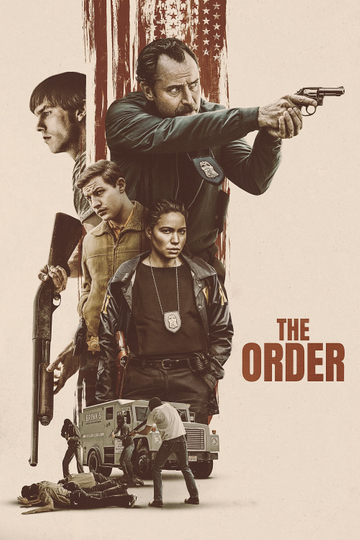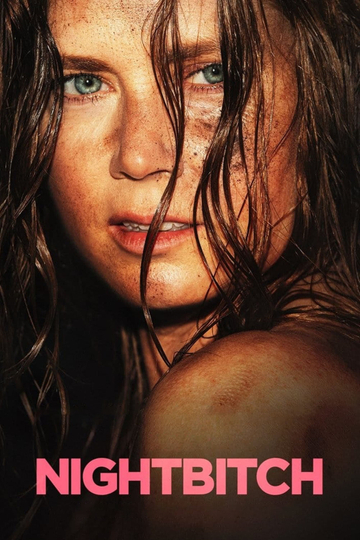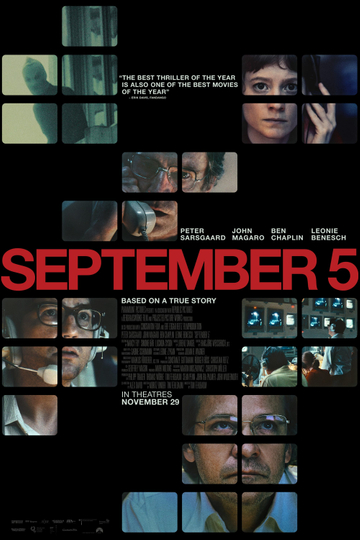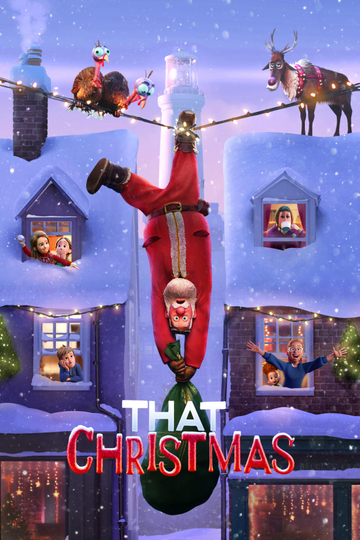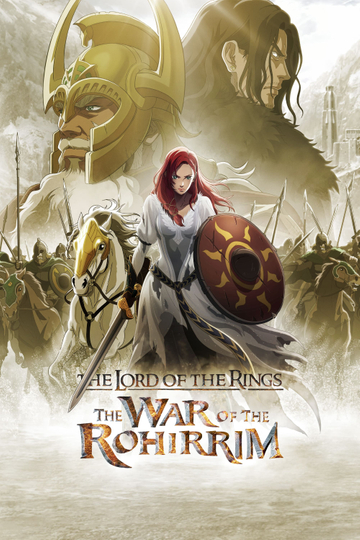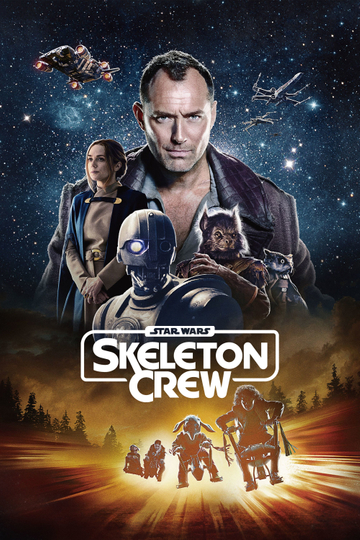Natalie Portman & Jon Hamm discuss Lucy in the Sky
In this week's Lucy in the Sky, Natalie Portman and Jon Hamm both play astronauts intent on getting back into orbit. But Portman's Lucy struggles with the pressure of her own expectations and her new, "post-orbital" perspective. Our own Grae Drake (Ms. Moviefone) recently got the chance to sit down and discuss the film with stars Portman and Hamm.
Moviefone: A lot of times, movies about space are about how being in space really sucks. This one was different in a way I haven’t thought of before, which is that coming back from space is what can be so difficult. You rarely see that part since the sensational part is going up there.
Jon Hamm: it’s a movie about space that spends very little time in space. I would take the opportunity to go to space in a fucking heartbeat. Do it literally tomorrow if the opportunity was there, because I’m mystified and fascinated by it. And that’s the part that people focus on, and we mention it in the film, people focus on the solitude and the loneliness and that part that even the closest thing to us is a quarter of a million miles away. Going out there, where there is so vast it’s almost incomprehensible, that messes with your brain. Not for nothing, it messes with your body too. Natalie’s spoken about it, but there’s a physical part of you, that if you’ve been in space even for even as short as a few days, your muscles start to atrophy, your bones lose density, there’s certain aspects that if you’re there longer and longer, your DNA even changes. It’s different, it makes your body different, and it makes your brain different. That’s the interesting thing that our film tries to really address.
MF: This movie made me go down the rabbit hole of “what does it all mean?” Watching this movie and watching characters that have seen something that so few people have ever seen, I thought that was one of the more interesting things. Do you feel that way about your profession?
Natalie Portman: Absolutely. That’s at the core of this, is the super human thing of having huge feelings and feeling like things really matter a lot, and also having this kind of question of “does anything matter?” Which of course gets completely blown up when you contemplate infinity and the galaxy, and when you actually experience that in a tangible way, which very few people have done, what does that do? I think you see it through both our characters and that’s why they connect, just because they have both seen the abyss. The largeness of everything, and then have come back to getting your car washed, and trying to deal with that. Mark has kind of thrown up his hands and been like, it doesn’t matter. We can do whatever we want, nothing matters, and she’s really in the thick of grappling with it and is kind of obviously drawn to that interpretation, because it’s one way to make it simple for yourself, but also trying to fight it and being like it doesmatter. I am feeling things. I want to feel things, I want things to matter, I want to care. That’s the very center of the struggle.
MF: Jon your character has that freeing perspective and it attracts everyone else--like I wanna be around the dude that seems like he has it all figured out.
JH: Yeah that’s on purpose, from a writer’s standpoint, this guy says he has it figured out. He’s been to space a couple times, he knows what it is--it’s not rote, it’s not boring to him at all--and also these guys that have gone up and down multiple times, you see where he can’t drink anymore, there is a physical and mental component to it that has to be sharp. Razor sharp. But the more philosophical elements of it that really draw Lucy and Mark into their own orbits [laughter] are those that he has dealt with because he hasn’t clearly, but he has come to a settlement with of some sort, and also he hasn’t, because there’s still the thing where he’s constantly trying to fill some sort of need, whether it’s with Lucy or with Erin or with drinking or with watching the Challenger go up and realizing that he could die at any second, any moment of this ascent. And how actually dangerous it is, and how difficult it is, and then balance that with his kids and balance that with maybe there’s a relationship but who knows because she’s in a relationship but it’s tricky and no one wants to be that guy.
MF: The guy that seems like he has it all figured out maybe DOESN’T have it all figured out?! What?!
JH: It’s really nice to be involved in a story that is about a woman going through this remarkable kind of fundamental shift in her life. For years the narrative has been like how’s the man going to manage all of this stuff that’s happening to him? And how are the ladies going to help the man manage all this stuff, and it’s nice to be a part of this story with this phenomenal actress going through this, with this beautiful character going through this, and to be a part of that story is actually kind of radical. I don’t think we see that very often.
NP: Future of men, right here.
JH: It’s nice to have Noah be the guy that let this happen and really supported in such a real way. It was a real team effort in so many ways. For the two essentially strongest people in the film to be women was, I haven’t seen that in some time. Between you and Ellen [Burstyn].
NP: Oh, Ellen.
JH: Lucy is a real….
NP: …like a human.
MF: And really going through something.
JH: She’s not a crazy person. It’s not a bunny boiler, it’s not anything crazy, she’s just going through a real thing because she went through a real thing.
NP: She’s not a villain, she’s not a hero. She’s just a human.
MF: I had a unique experience coming into it, not knowing what it was about, I sat down and watched this unfold and what fascinated me was without knowing where we were going, I felt a sense of dread the whole time, from the first frame. How do you get movies like this pitched to you? Did you get a script first and a meeting? Was this described to you?
NP: Yeah it was very quick, Reese [Witherspoon] was going to do the role and she fell out so it was like a month before.
JH: This is financed, this is going, do you wanna do it.
NP: So I got the script and read it, and was obviously really intrigued, and I was a big fan of Noah [Hawley, the director], so I met him, and he talked more to me about it. And this incredible cast was already assembled. It was quite easy to agree to do it. It was just something I hadn’t seen before, I hadn’t seen a character like this that was so complicated and human and no one’s going to tell you—you don’t leave the movie knowing how you feel about her. I think that’s uncomfortable, I think people are used to knowing how to feel about a woman onscreen. She’s either someone you really like and you wanna hang out with, or she’s like awful and a villain, but we don’t usually go hmm, I’m not sure.
JH: You’ve said it before too—I’ll probably misquote you. Natalie’s made this observation about how behavior in women is misinterpreted because the same behavior in men is heroic, and with a girl, she looks like a bitch. You’re being a daredevil, you’re being reckless. There are so many of those different interpretations where there’s thing this, where is Lucy likable? What does that even mean? Is she awesome? She’s a fucking astronaut. I don’t know if I was a young girl I would look to this woman and be like I wanna be just like her, I don’t wanna lose my shit in the way she does, but I wanna be this intense strong person who’s clearly like motivated by her grandmother and had some amazing role models in her life and then lost the thread like many of us do. It doesn’t make her a villain or bad. Or anything other than flawed, which is if you were a man, you’d have a hit television show written about you and it would go for seven seasons so there you go.
MF: From that first scene when she returns and is talking about how physically she’s doing great and is strong, by the end of the movie I thought, oh yeah, sometimes this kind of thing happens. Sometimes for reasons you can’t even articulate, it gets away from you. Why does the aspect ratio of the film change and why is it visually so different? Did Noah talk to you about that from the beginning, stylistically did he describe the movie to you?
NP: Not in our first meeting but when we started shooting he explained that he was going to play with aspect ratio—have you seen ‘Mommy,’ the Xavier Dolan movie? It’s great. That was the first time I had seen anyone play with aspect ratio and it’s like this kid, when he’s free, it just opens up, and then when he’s in other moments, you don’t even realize it, it’s sort of like what Noah has talked about, it has this really emotional effect. And that was what Noah talked to me about, obviously it was kind of a way of visualizing this feeling of seeing the giant world and then being disappointed by the banality of everyday life on earth.
MF: Can you recommend a movie as a companion piece to this?
JH: There’s a couple ways to approach it.
NP: ‘The Right Stuff.’ You see a bunch of dudes acting like Lucy acts, kind of with swagger but they just seem super cool. Hazing each other, competing, and that’s sort of what Jon was referring to when you see male behavior. Another one that’s great is the documentary Mercury 13. It’s on Netflix about all the women who trained for that first Apollo mission and then they kind of shut down the program right before.
JH: I think the documentary that CNN made about ‘Apollo 11,’ which is the first moon landing. Because it gives you a sense of scale. I really didn’t know, I watched it on the plane going to Toronto actually, I didn’t really know how far everything is. I thought oh they went to the moon and then they came back, and it was like a day. You don’t get, first of all, all the astronauts that go up into the space, they have patches that say Mach 25, which is how fast you’re going when you’re going into space. Which is as fast as any human being has ever gone and will ever go. Unless we invent light speed travel. So that’s a whole thing. When you see this Apollo 11 documentary, there’s so much math that’s happening with orbits and gravity and all this stuff that was purely theoretical at the time. They had a good idea about what it was, but the actual math was really theoretical. And when you miss by like a half a degree, when you’re talking about a quarter of a million miles, you’re in left field. You’re way off. So all of the stuff that they did to launch this thing and then scoot it out of orbit and then into the moon’s orbit and then take a thing and then land it on the moon and come off the moon, and then link back up to the thing and then come back to the thing, it was like an eight day mission. They’re doing it on analog computers, that are apple watches have more computing power than the stuff that they had, and just the scale. The scale is amazing and we mentioned it, Nick Offerman’s character mentions it, to Lucy in the film but Michael Collins was as far away from any other human being as any person has ever been and ever will be in the history of mankind, so there’s a real deep seated sense of uniqueness to these people. That’s the thing that I’ve really found amazing about the story that Lucy’s going through and the story that our kind of characters share, there is a fundamental connection these characters share. It’s not just sex, it’s not just attraction, it’s this really you get what I’m going through and I get what you’re going through and that’s what we share. That movie lit that up for me. Whoah, this is a real unique deal.
Lucy in the Sky opens nationwide on October 4.












